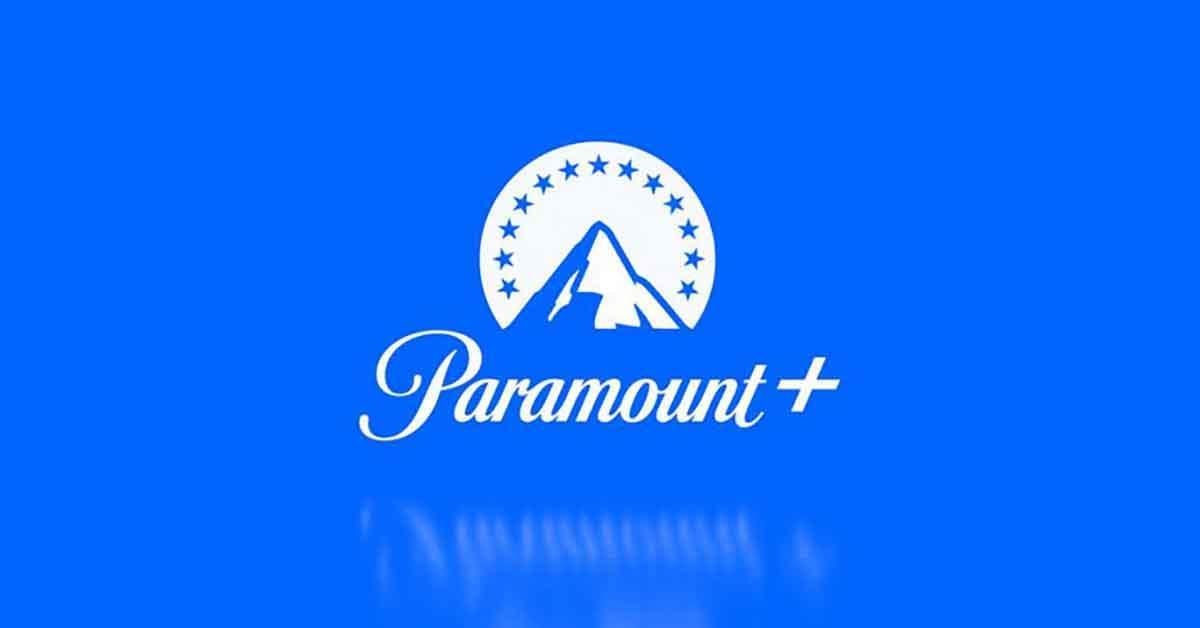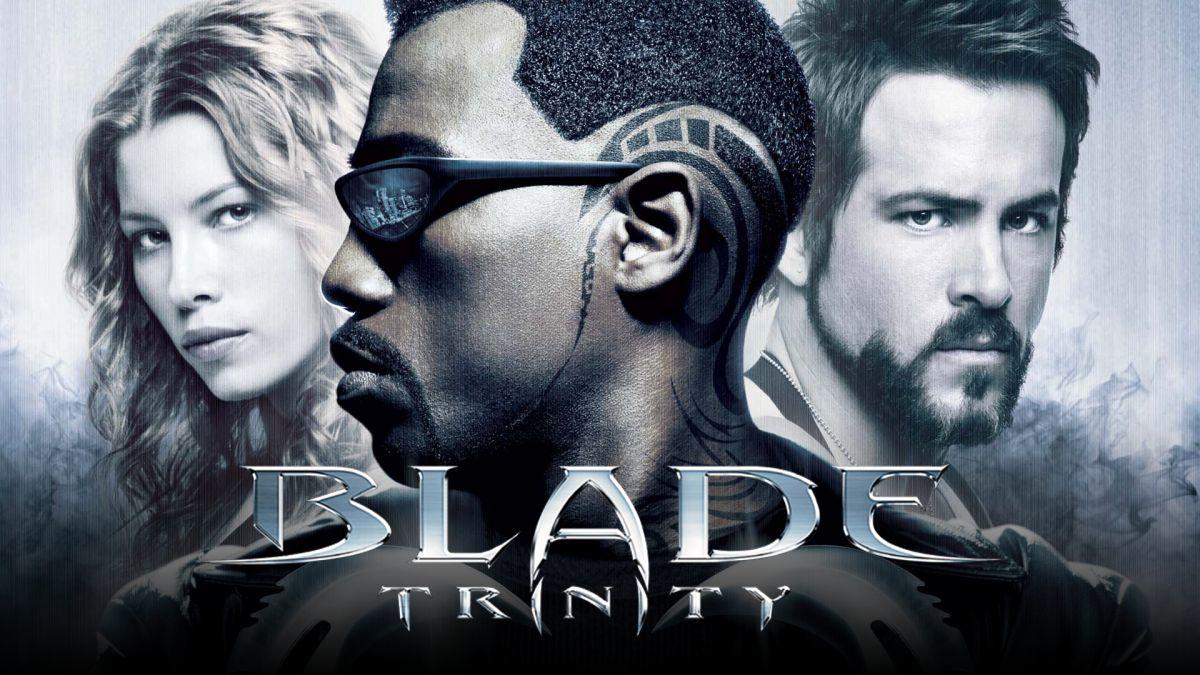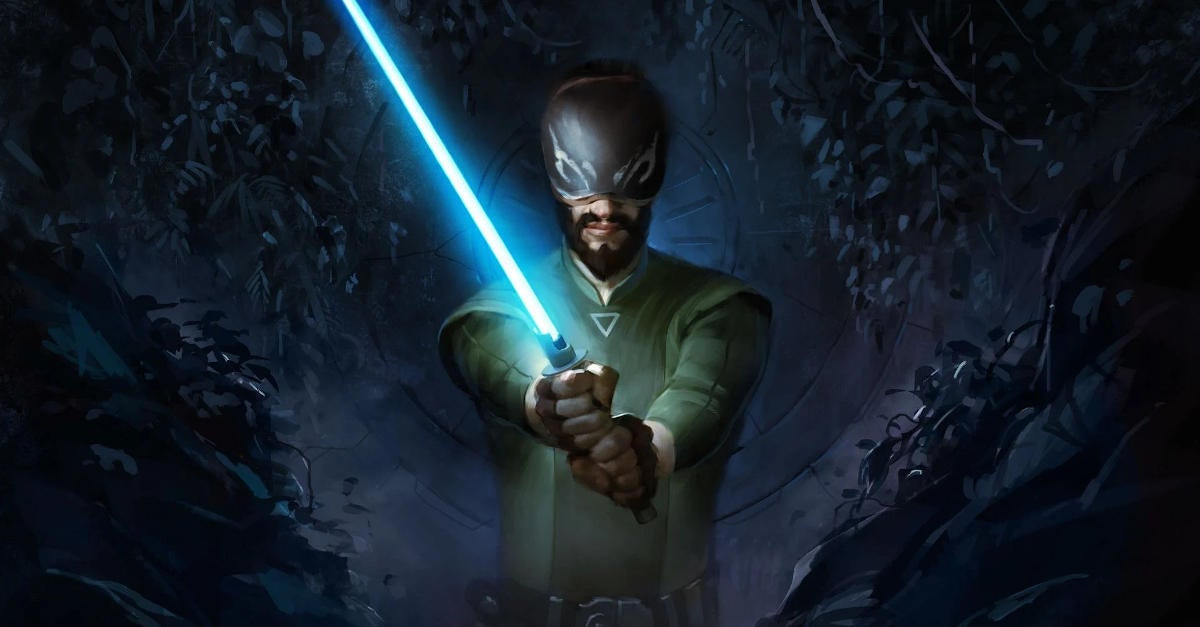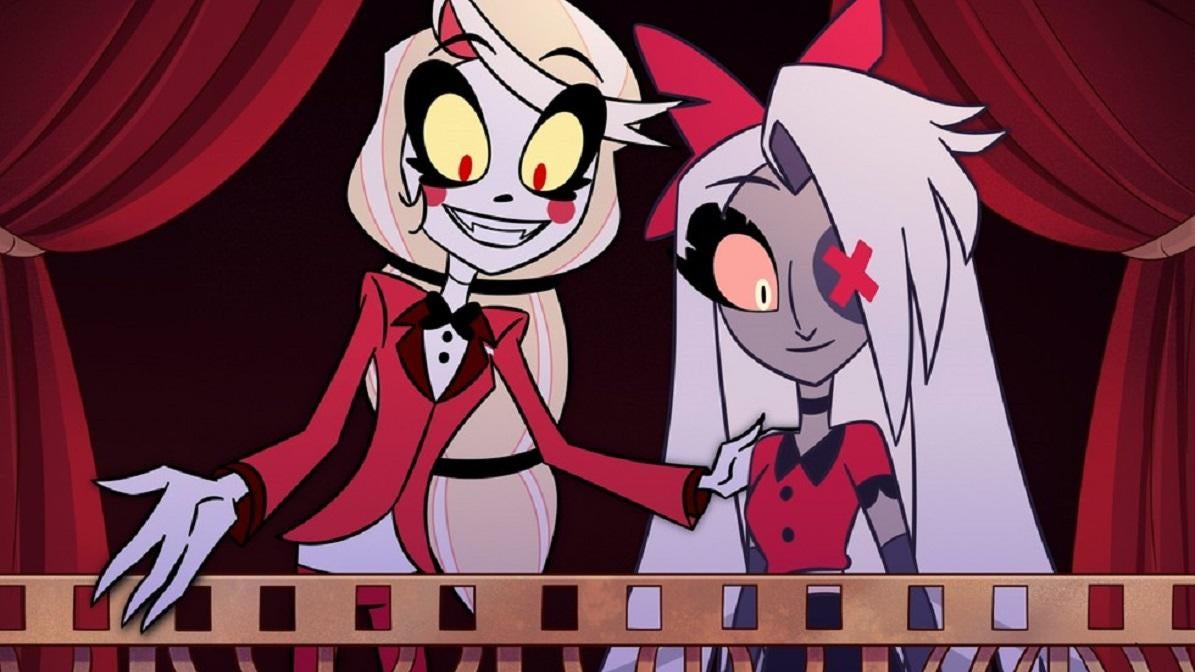Tom King Reflects on 'Mister Miracle,' and Telling Complex Stories in the Corporate Comics Framework
This week saw the release of Mister Miracle in trade paperback. Collecting the full 12-issue [...]
This week saw the release of Mister Miracle in trade paperback. Collecting the full 12-issue series by writer Tom King and artist Mitch Gerads, Mister Miracle is one of the most critically-acclaimed series DC Comics has released in years, and has set the bar high not just for King and Gerads's next collaboration, but for the similar 12-issue maxi-series currently in production at the publisher.
Seeing the book assembled in one place, fans will have an opportunity to blaze through the complex, heartbreaking, and inspirational story as a novel, rather than reacting to a cliffhanger and waiting for the next issue to come along.
King joined ComicBook.com earlier this week to reflect on Mister Miracle, which is available in trade paperback now in the comics direct market, and will be available in bookstores on Tuesday, including an exclusive edition distributed by Barnes & Noble.
First, since he isn't here, can you talk a little bit about what Mitch brought to the book? I think for some people it's easy to make it "a Tom King book," because of its thematic similarities to The Vision.
Oh yeah, no, I could not have done this book with anyone else. Mitch is absolutely integral. I couldn't have done this book without Mitch. I mean, on all sort of levels.
On an aesthetic level, when Mister Miracle sort of first came to us, and Mitch was thinking of taking on the project, that's what really shaped the idea in my head. In the beginning, I was thinking maybe Michael Walsh would do it. We actually worked on Vision a little bit together. Mitch and I were working on, well, little street-level things. He's a street-level kinda guy. I figured he wanted to do…crime? Probably not crime, but military comics. And when Mitch became interested and willing to do it, I re-imagined the whole thing to fit him. That's when it became possible, 'cause I'm like, "Oh, with Mitch on it, we don't have to do big, bombastic Kirby stuff, 'cause we can almost invert that, and take that stuff and ground it." Mitch grounds comics the way no other artist does, where it just feels very real.
So I built it around him. Beyond the aesthetic of it, Mitch is just one of my best friends. And so we work together very closely 'cause we just kinda know each other very well. And also, Mitch had a child during this thing. He had his first child. And so when you get to the second half of the book, and you're dealing with what it's like around a child, and all those little details no one could have told us? He was basically drawing the world he was seeing around him. In every way, he's the co-author of this book.
Something that you've joked about, and actually I liked the joke enough that I've re-used it a couple of times, is that you write superhero comics about people who stare out the window with a lone tear running down their cheek.
Typically looking out onto a rainy day. I write sad superheroes.
I think that's deceptive. I don't think that's actually true. Your take on this book is ultimately hopeful. But do you feel like, in the post-Watchmen milieu or whatever, the easiest way to tell a hopeful story is to couch it in gloom that has to be overcome?
No, 'cause I think you could think of stories that have been just as good as Watchmen that haven't done any. I think you could think of New Frontier. I don't think of that as being a gloom and doom book, but I think that's sort of on the level of Watchmen. Even All-Star Superman, which is so bright and shiny, but is just as good. So no, I don't think you sort of need to write in minor key in order to switch to major.
I think there's a way to move beyond Watchmen, but still kind of acknowledge it. Watchmen goes "Superheroes are absurd," but there's such a love of superheroes in there. I think we can use the absurdity of superheroes if we use them as metaphors, because life is absurd. I think there's a next thought, like there's one thought that's, "This is a stupid world, this is dumb." But the next thought should be like, "Wouldn't our world seem stupid and our world seem kinda dumb?" And then you can kinda go from there. It's similar of what directors like John Ford did with Westerns in the 50's. Yes, a good bad-guy western is kinda stupid but there's stuff in there that you can mine to reflect what the real struggles of life are.
The big metaphor that you've talked openly about with this is PTSD, and living with kind of the terrible things you have to do sometimes. How difficult is it to put that on a superhero without disfiguring the character in some way? It feels like you had to thread the needle of telling that story without making it the entirety of Scott's character.
People tell stories in different ways. I don't think anyone suffering from trauma would say trauma is the entirety of their character. It's important not to think of anyone in terms of just one thing. Humans are more complicated and interesting than that. So there's always a temptation to — I sort of hate this, I see it all the time in pop culture — someone suffers from some sort of trauma, and it affects every part of their life, and every moment they're thinking about that. But that's just not how I experience the world. Sometimes you can push your trauma down because you have to deal with what's in front of you, and sometimes you can't, and sometimes it pops up as an itch you have to scratch in your neck, and sometimes it pops up as tears coming from your eyes. It's not as simple as being in your conscious mind every moment of the day, but it is always in your subconscious mind.
And I think it's important for telling a story, 'cause as much as I love writing superheroes looking out the window and crying, it's not so much fun to read all the time. And I do want people who read my book to be able to laugh, and to be able to sort of enjoy it. I have no desire for people to be like, "Life is terrible and I'll make terrible art, or experience terrible art to reflect the horrors of life." That's not something I want to do. Other people can do that, but not me. I want to talk about what I want to talk about, but I want to entertain, too.
Was it challenging finding a voice for Barda? Obviously she is not just a powerful female character but one who fans have really associated with feminism, and this is an all-male creative team.
Mister Miracle is a first person story. Most first person comic books have narration; Mister Miracle doesn't, so it's a little harder to spot this, but every single scene in the entire book, Scott is in. The reader sees nothing that Scott doesn't see with his own eyes, basically. I think there's one thing where he kind of imagines what Granny would look like, but besides that, if you were reading Mister Miracle as a novel, it would be written in the first person, in the "I."
So in some ways, the perception of Barda in this book, although she's a very complicated character and I think she might be more of a main character than Scott is in some ways. But the perception of Barda is from Scott's perspective, and the book is Scott in the first person would be sort of describing that.
I based Barda on my wife and Mitch based her on his wife, and of course Kirby originally based her on his wife. So we hope to hit some magic there. Barda is such a fascinating character, right? She went through the same trauma that Mister Miracle did but came out the other side completely differently. And why that is, and whether that's a good thing or a bad thing, I think is one of the central mysteries of the whole thing.
As the series built to its conclusion and you started to see all the various theories about the ending, did that throw you -- having so many readers fixated on that one element?
No. I mean, serialized comics are interesting, 'cause you get feedback half the way. It's like when you're writing a novel but you're getting edited as you go. But no, because if you let that speculation affect you then the story falls apart. It's like Armageddon 2001, right? They change they ending at the last second 'cause the audience guessed it. But that book doesn't read very well because of that. Or even "Hush," famously. You read "Hush," it doesn't quite make sense because they changed the killer at the last second.
You've gotta stay the course. I knew how it was gonna end. You want people to be reading it, you want people to be sucked in, and so that stuff's all very nice, and you're just kind of grateful that they're paying attention. I think gratitude's the best thing. Says the most.
The success of Mister Miracle has spawned some other 12-issue maxiseries titles at DC, like Martian Manhunter and Freedom Fighters. What do you think is so appealing about that format?
I think, as we move forward it's gonna be important to create books that can stand on their own, that can be sort of your Contract With God, that can be novels and comics at the same time.
For me, that 12 issues is perfect. It just ends up being just a beautiful length. You can sit down and read it all in six hours if you want to, or if you're reading it issue by issue, you know that next year you'll get a new one. That's the format I like the best, 'cause to me it just feels like you're writing a novel.
If you're looking back at my career, over the past four years I wrote Sheriff of Babylon, Omega Men, The Vision, and Mister Miracle. Those are four novels. I could give those to anybody off the street and be like, "This is a novel with pictures in it." And I think that's important for the industry to have those. There's something nice about having a complete story in your hands, you're like, "I did this."
Is it a little trippy to have a Barnes & Noble exclusive coming? I feel like that's one of those things that isn't normal, even for a successful comic, and it feels so...mainstream?
I got into comics sort of after the trade boom had happened. I feel like every Barnes & Noble has a copy of Batman, and can sell a copy of Mister Miracle, so it doesn't feel so different than anything else.
What feels weird sometimes is you read...Vision kind of took off a little bit, and people teach it in classrooms, which I think, "That's really strange," when I see they're teaching it in colleges and universities. Or Sheriff. A professor from West Point called me and said they're using it at West Point now.
There was a lot to unpack in that last issue. Was that an intentional pacing thing, or just something that happened?
I mean, the sort main thrust of the series ends at the end of issue 11. You go from a guy killing himself, chopping his wrists, to I think the second to last page of issue 11, he tells his wife and his kid that he's f---ing happy. That's your character transition, he's sort of conquered the demon, which was Darkseid, and he's triumphed, and he's had the hero's journey and everything. And then you've had that, you've had your epiphany, you've done that.
But then, what makes it interesting to me, it's like, "Then what," right? We have these revelations every day, and "Oh my God, I've learned something incredible about myself or about my family or about me. Or I've triumphed over something, I've accomplished something." But it's not like the movies, you don't fade to black, you don't go to credits. You have to live the rest of your life and try to process that information. That's what the last issue's about, it's about him sort of processing his revelation and the decision that he's come to.
Is there something that you hope people take away from this -- a moral to the story?
There's a line in the book, and I didn't want to put it in. I'm gonna be honest with you, it's shitty writing. Hack writing, I'd say.
Yeah, clearly that's the general consensus about this book.
Mister Miracle is talking to Oberon, who is representative of his father who's nice to him, but it's also representative of Jack Kirby, who created him, so he's kind of talking to his creator, who's died before the book began. And they have kind of a good conversation.
What I should've done is I should've made that more ambivalent, you know, that's the best way to do it. You read the end of Watchmen, you don't know, "Is this a good thing or a bad thing?"
And I'm siting there, and I wrote this line, I'm not gonna quote it directly, but it's something like, "All this will break your heart." A play on that famous Jack Kirby quote, he's pointing at all life in the cosmos. And then he says something that's like out of a fortune cookie, "but if you're good enough you'll find someone to help you put it back together."
And I wrote that and I was like, "I shouldn't write this." I was like, "No one should write this nice." And I couldn't figure it out because I just feel like sometimes people will come to this book and they'll...
When I was overseas in Iraq, sometimes I would pick up an old comic book, I would pick up like, Spider-Man #500 by JMS, or Marvel Two-In-One Annual #7 by Tom DeFalco and Ron Wilson ... and when I was really low and I'd find something that kind of inspired me...
So I was like, if someone comes to this book, and they're like "I have trauma in my life ... " I put one line in there just to be like, "If you have gone through some s--t, we've all gone through some s--t but if you've gone through some s--t and you really think you're at your lowest point, man, live another day and find someone to help you." And that someone could be a family member, it could be someone you hire with money, like a psychologist, or it could be a higher power, you know. But I'm f---ing telling you people that there's someone out there who'll help you. Just stay good, stay true to yourself.
So I put some stupid fortune cookie stuff in there, 'cause I think it's worth it for people to hear.




